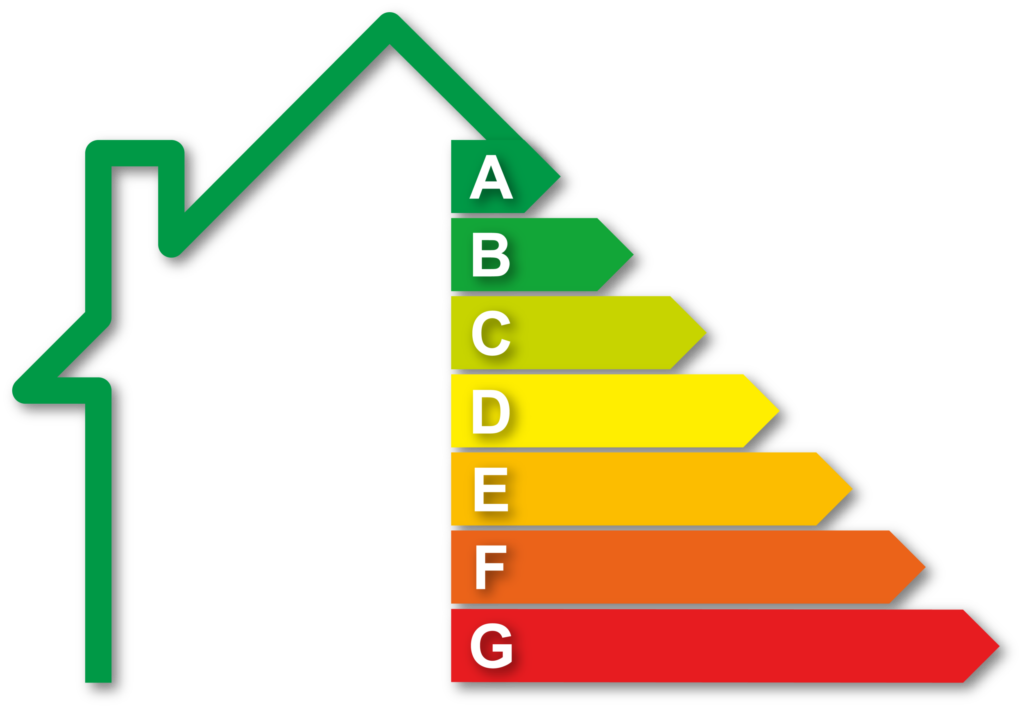EPC, How Does It Work?
A Deep Understanding of the EPC and How It Works
In the world of sustainable living, where environmental consciousness is of paramount importance, the Energy Performance Certificate (EPC) has become a crucial document, especially in the sale or rental of real estate. This article aims to unravel the EPC, explain what it entails, how it works, and what its overall significance is.
What is an EPC Certificate?
An EPC, or Energy Performance Certificate, is a comprehensive document that carefully assesses the energy efficiency of a building. This certificate is a legal requirement for all buildings being sold or offered for rent. It provides valuable insights into the energy performance and sustainability of the building. Certified energy assessors are responsible for conducting thorough examinations of the building, taking various factors into consideration, such as insulation, ventilation, heating, and lighting. Based on these evaluations, the building is assigned an energy performance rating, typically ranging from A++ (very energy-efficient) to G (very energy-inefficient). Additionally, the EPC certificate includes recommendations for improving the energy efficiency of the building.
How Does It Function?
An EPC certificate is issued by a certified energy assessor. This professional conducts a detailed survey of the building, considering elements such as insulation, ventilation, heating, and lighting. Following this comprehensive assessment, the building is assigned an energy performance rating, indicating its energy efficiency on a scale from A++ (very efficient) to G (very inefficient). Alongside the performance score, the EPC certificate provides valuable suggestions for enhancing the energy efficiency of the building.
Why Is an EPC Certificate Important?
An EPC certificate is crucial due to its ability to provide insight into the energy performance of a building. It serves as a roadmap for improving energy efficiency and reducing costs. An energy-efficient building consumes less energy and emits fewer CO2 emissions, contributing to a more sustainable environment. Moreover, a higher energy performance score can potentially increase the value of the property. Prospective buyers or renters are often drawn to buildings with a reputation for energy efficiency, as it signifies lower energy bills and a commitment to environmentally conscious living.
In Conclusion
In summary, an Energy Performance Certificate (EPC) is a crucial document that unveils the energy performance of a building. Its true value lies in the ability to promote energy efficiency, lower costs, and foster sustainability. Ensuring that your building possesses a valid EPC certificate is not only a legal obligation when selling or renting; it can also enhance the value of the property. For those seeking the services of an energy assessor to obtain an EPC certificate, choosing a certified professional is crucial to meet all legal standards and regulations.






